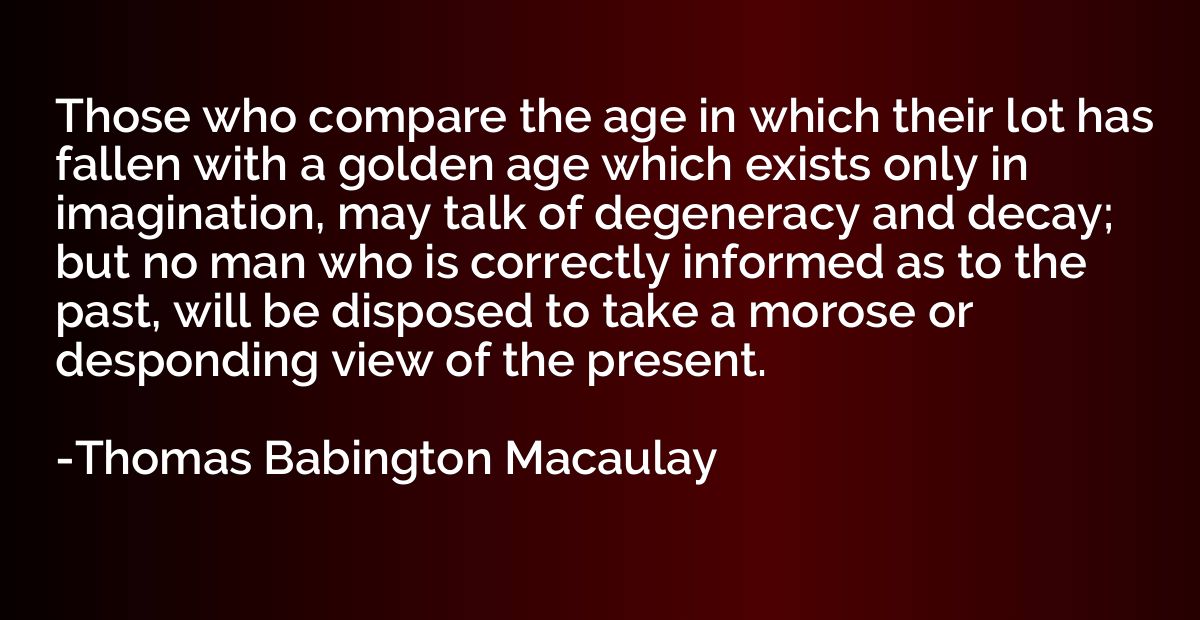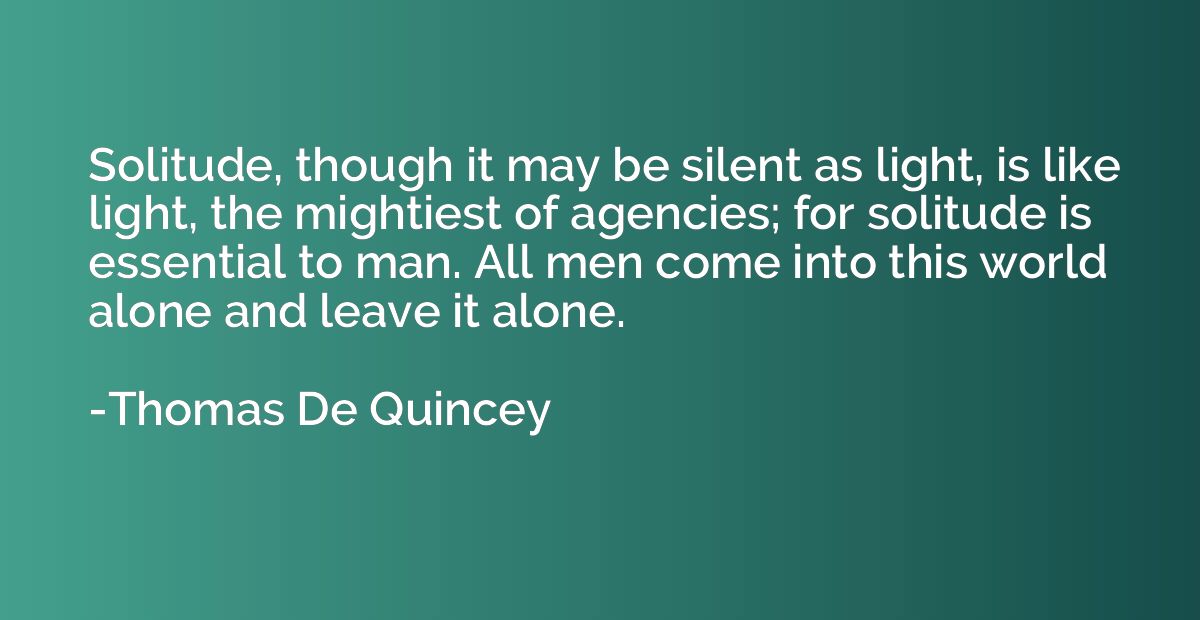Quote by Ella Higginson
Forgive you? -- Oh, of course, dear, a dozen times a week! We women were created forgiveness but to speak.

Summary
This quote sarcastically addresses the stereotype that women are supposed to be forgiving and understanding. The speaker implies that women are expected to forgive others constantly, even for the slightest of mistakes. By using irony and wit, the quote highlights the unfair expectations placed on women to constantly forgive others, suggesting that this expectation may be based on societal gender roles rather than genuine qualities of forgiveness.














